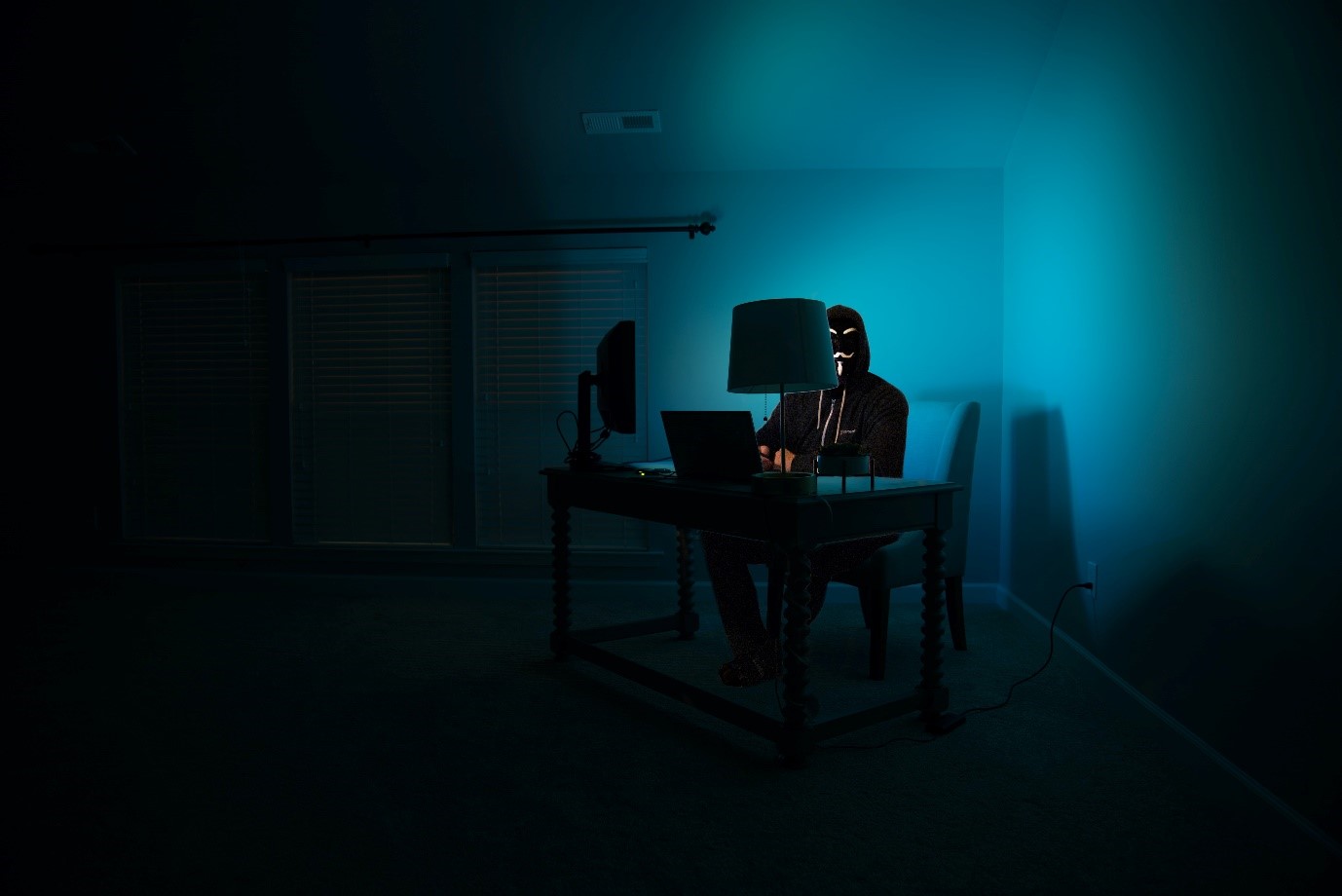
How To Access The Dark Web
- Technology
- May 17, 2022
- No Comment
- 516
This website was in the past a conflict zone between hackers, security forces and criminals. However, with new technologies such as browser-based anonymization and encryption software such as Tor, anyone can now enter the dark web if they so choose.
The Tor web browser (“The Onion Routing” project) provides users with access to visit websites with the “.onion” registry operator. This browser is a service originally developed in the late 1990s by the United States Naval Research Laboratory.
Realizing that the nature of the Internet meant a lack of privacy, an early version of Tor was created to hide communications from spies. Over time, the platform was redefined and has since been made public in the form of the browser we know today. Anyone can download it for free.
Think of Tor as a web browser similar to Google Chrome or Firefox. Notably, instead of taking the most direct route between your computer and the deep parts of the web, Tor Browser uses a random path of encrypted servers known as “nodes.” This allows users to connect to the deep web without fear of their actions being tracked or their browsing history exposed.
Sites on the deep web also use Tor (or similar software, such as I2P, the “Invisible Internet Project”) to keep them anonymous, meaning you can’t find out who runs them or where they are hosted.
Is it illegal to enter the dark web?
Simply put, it is not illegal to access the dark web links. In fact, some uses are perfectly legal and support the value of the “dark web.” On the dark web, users can look for three clear benefits from its use:
- User anonymity
- Virtually untraceable sites and services
- Ability to take illegal measures for both users and providers
In this way, the dark web has attracted many parties who would otherwise be at risk by revealing their identities online. Victims of abuse and persecution, informants and political dissidents have been frequent users of these hidden sites. But of course those benefits can easily be extended to those who wish to act outside the confines of the laws in other explicitly illegal ways.
When viewed through this lens, the legality of the dark web is based on how you as a user engage with it. You can fall on the edge of legal lines for many reasons that are important to the protection of liberty. Others may act illegally for the protection and safety of others. We will explain both concepts in terms of “dark web browser” and the websites themselves.
Is it illegal to use Tor?
As far as software is concerned, the use of Tor and other anonymous browsers is not strictly illegal. In fact, these so-called “dark web” browsers are not tied exclusively to this part of the Internet. Many users now take advantage of Tor to browse both the public Internet and the deeper parts of the web privately.
The privacy that Tor Browser offers is important in today’s digital age. Currently, both companies and governing bodies engage in unauthorized surveillance of online activity. Some just don’t want government agencies or even Internet Service Providers (ISPs) to know what they’re seeing online, while others have little choice. Users in countries with strict access and user laws are often prevented from accessing even public sites, unless they use Tor clients and Virtual Private Networks (VPNs).
However, you can still perform illegal actions within Tor that could incriminate you regardless of the legality of the browser. You could easily use Tor in an attempt to hack copyrighted content from the deep web, share illegal pornography, or engage in cyberterrorism. Using a legal browser will not make your actions on the right side of the law.






